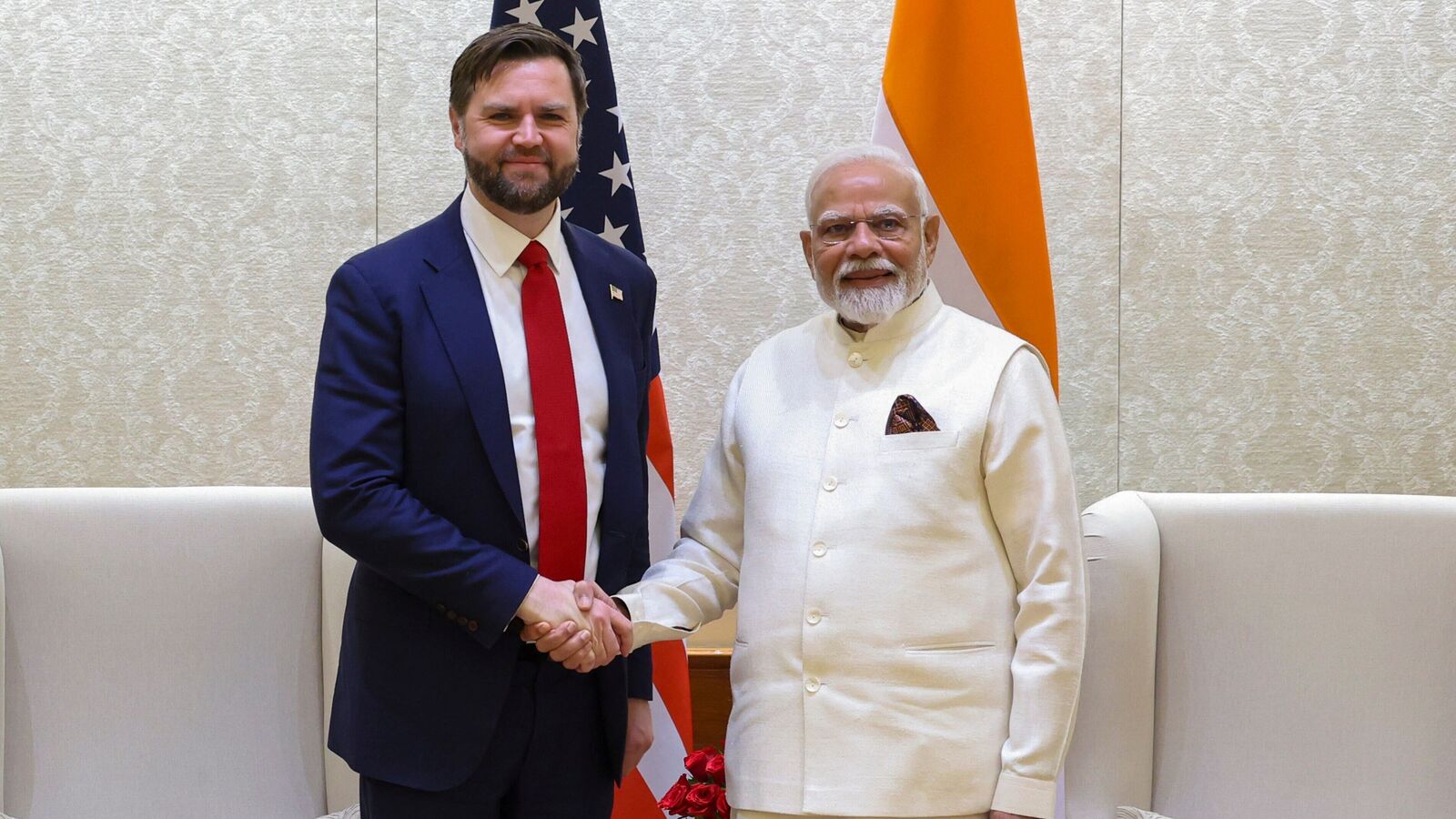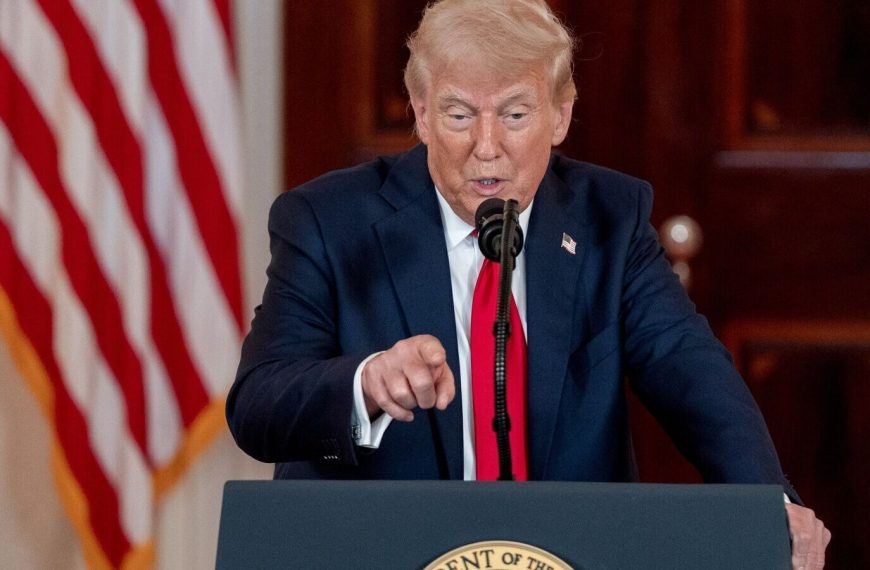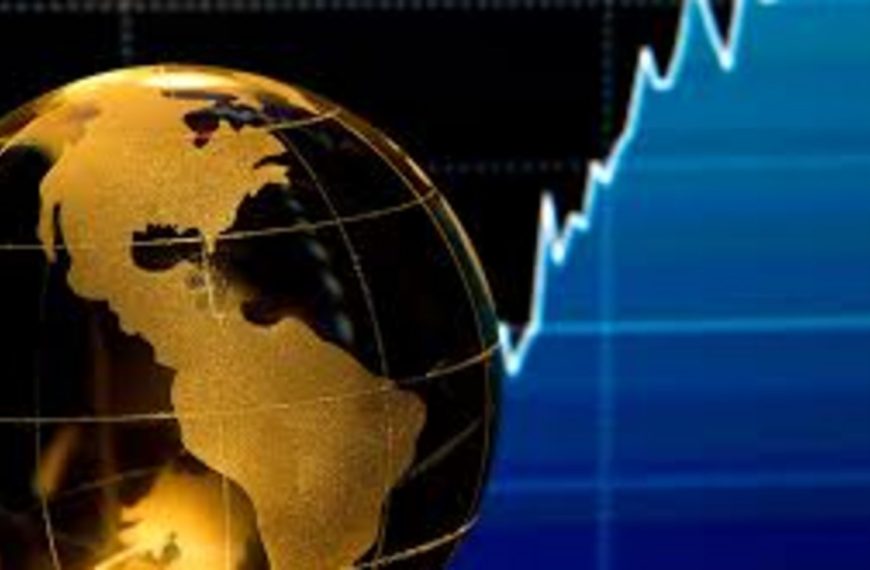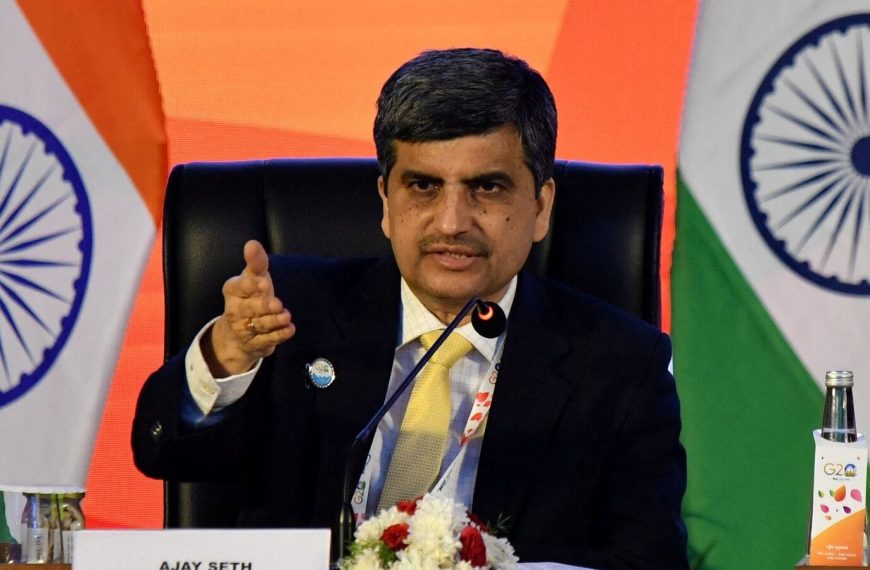India is poised to become one of the first nations to finalize a significant trade agreement with the United States, following recent tariff announcements by former President Donald Trump. In a recent discussion with Fox News, American Vice President JD Vance emphasized the ongoing “good negotiations” with India, hinting at a promising future for trade relations between the two countries.
Promising Trade Negotiations with India
During his interview on Fox News’s ‘Special Report,’ Vance was questioned about India’s potential to be the first country to reach a trade deal with the U.S. He confidently stated that while he couldn’t confirm it as the absolute first, India will undoubtedly be among the early signatories.
- Key Points from JD Vance:
- India is likely to be one of the first countries to strike a trade agreement.
- Ongoing negotiations are also taking place with Japan, South Korea, and several European nations.
Modi: A Tough Negotiator
JD Vance described Prime Minister Narendra Modi as a “tough negotiator” and expressed concerns that India has been benefiting unduly from trade with the U.S. He stated, “Modi is skilled at negotiations, but we are aiming to readjust our relationship.”
Vance clarified that Trump’s stance is not anti-trade but rather anti-unfair trade practices. He voiced his belief that countries like India have historically taken advantage of the U.S. in trade.
Insights into the India-U.S. Trade Deal
During the interview, Vance provided a glimpse into what a potential trade deal with India might entail. He highlighted the significant barriers American farmers face in accessing the Indian market, despite the U.S. boasting exceptional agricultural products.
- What the Trade Deal Could Mean:
- Greater access for American farmers to the Indian market.
- Increased opportunities for U.S. technology in India.
- Creation of jobs in the American market.
Vance articulated that the envisioned agreement aims to open India to American farmers and technology, aligning with Trump’s vision for equitable trade practices.
Recent Tariff Developments
On April 2, 2018, President Trump introduced comprehensive reciprocal tariffs affecting several countries, including India and China. However, he later announced a 90-day suspension of these tariffs on April 9, delaying their implementation until July 9 of the same year.
With negotiations heating up, the anticipation surrounding a potential India-U.S. trade agreement reflects a significant shift in international trade relations, promising mutual benefits for both nations. As discussions continue, stakeholders remain optimistic about the positive economic impacts this partnership could bring.











